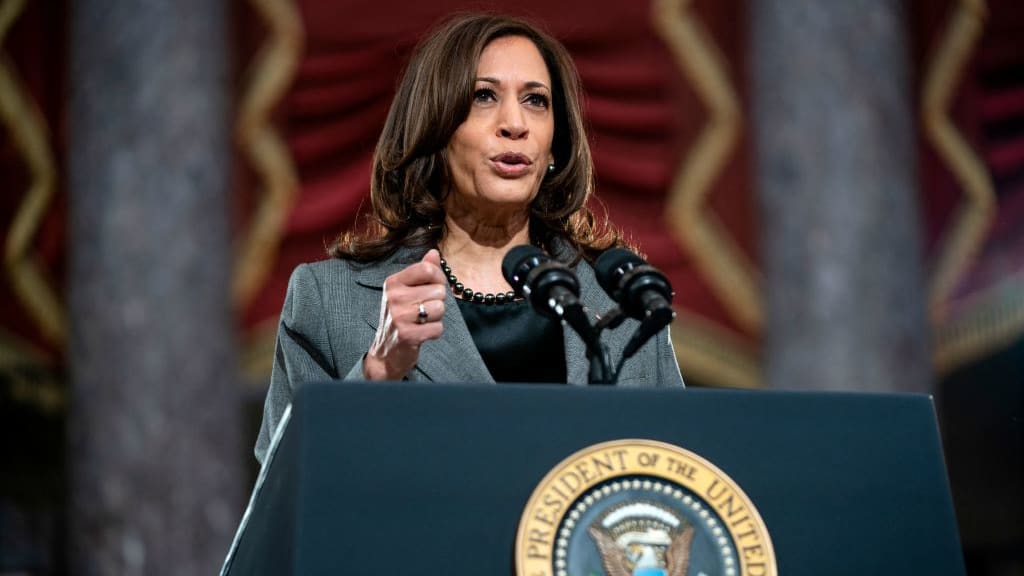Report: On Jan. 6, Kamala Harris was inside DNC when pipe bomb was discovered outside


A free daily email with the biggest news stories of the day – and the best features from TheWeek.com
You are now subscribed
Your newsletter sign-up was successful
Vice President Kamala Harris was at the Democratic National Committee headquarters on Jan. 6, 2021, when a pipe bomb was found outside the building, four people familiar with the matter told Politico.
At the time, Harris was the vice president-elect, and this raises questions about her safety and security on the day of the Capitol riot. Politico obtained a copy of the Capitol Police's timeline of the day's events, which states that at 1:07 p.m., they began an investigation into the DNC pipe bomb. Seven minutes later, the Capitol Police and Secret Service evacuated a "protectee," whose name was not revealed; a White House official, former law enforcement official, and two others with knowledge of the matter told Politico that Harris was the unnamed protectee.
The timeline says that at 4:36 p.m., the DNC bomb threat was neutralized, almost an hour after a pipe bomb discovered at the Republican National Committee headquarters was neutralized. The bombs were both "viable," the FBI said, and "could have been detonated, resulting in serious injury or death." Law enforcement officials have said the same suspect planted both bombs the night before. So far, no arrests have been made.
The Week
Escape your echo chamber. Get the facts behind the news, plus analysis from multiple perspectives.

Sign up for The Week's Free Newsletters
From our morning news briefing to a weekly Good News Newsletter, get the best of The Week delivered directly to your inbox.
From our morning news briefing to a weekly Good News Newsletter, get the best of The Week delivered directly to your inbox.
Politico reports that in the days leading up to the inauguration, Harris would occasionally conduct nongovernment business from the DNC, which is standard practice for elected officials. When previously asked about Harris' whereabouts during the Capitol attack, her aides declined to say where she was, citing security concerns.
A free daily email with the biggest news stories of the day – and the best features from TheWeek.com
Catherine Garcia has worked as a senior writer at The Week since 2014. Her writing and reporting have appeared in Entertainment Weekly, The New York Times, Wirecutter, NBC News and "The Book of Jezebel," among others. She's a graduate of the University of Redlands and the Columbia University Graduate School of Journalism.
